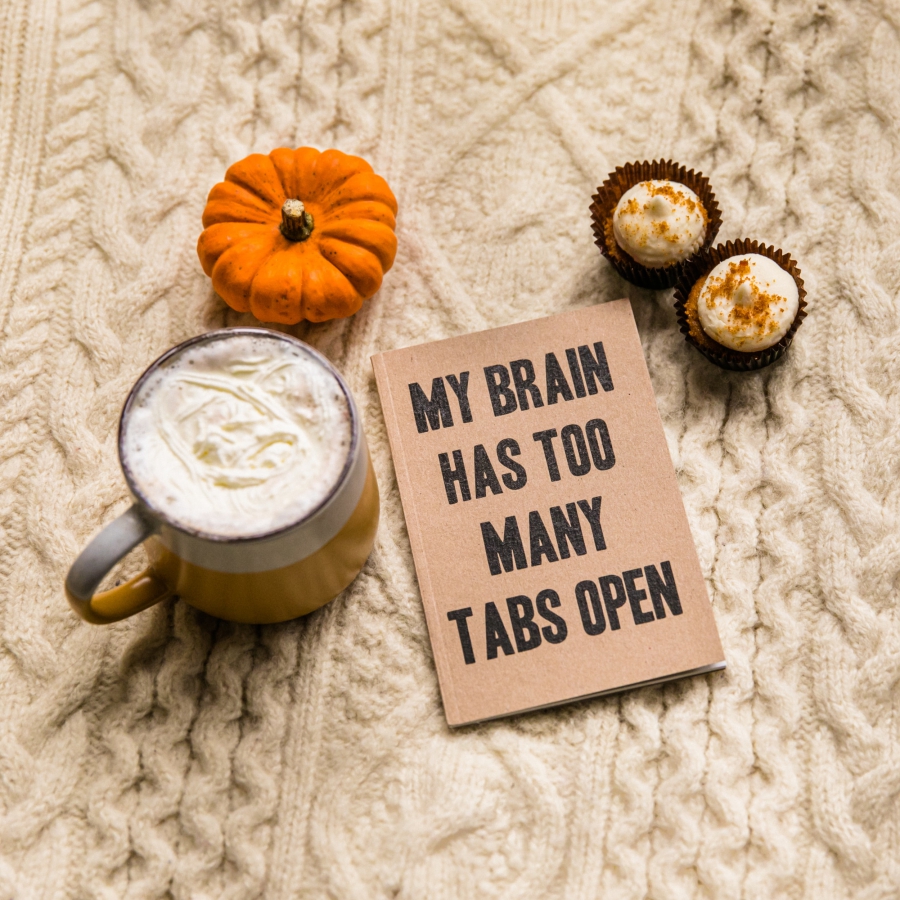GUT-BRAIN AXIS: LEGIT OR LOOPY?
Gut feeling is more or less not a metaphor - well, sort of.

Have you ever experienced a gut feeling or butterflies in your stomach before a date or presentation at work?
Our stomachs and minds, it turns out, has a lot more in common than you might think. In fact, the link between the two is so strong that the foods we eat can affect our mental health, and our mental health can affect our stomachs as well.
In short, these sensations emanating from your belly indicate that your brain and gut are linked. According to recent research, your brain influences your gut health, and your gut health may even affect your brain health.
The 'gut-brain axis,' as scientists and medical experts refer to it, is all about the vagus nerve (one of the biggest nerves connecting your gut and brain). “The communication system between your gut and brain is called the gut-brain axis," explains Dr Elizabeth Rogers, Associate Clinical Director at Bupa Health Clinics. "The vagus nerve is a key part of the gut-brain axis and is essentially the 'bridge' between the two.”
Neurons are the brain and central nervous system cells that instruct your body on how to behave. The human brain contains roughly 100 billion neurons. Surprisingly, your gut has 500 million neurons that are linked to your brain via nerves in your neurological system.
The vagus nerve is one of the largest nerves that connect your intestines to your brain. It transmits data in both directions. In animal studies, for example, stress suppresses the impulses transmitted by the vagus nerve and also causes gastrointestinal difficulties.

Similarly, one human study discovered that persons with irritable bowel syndrome (IBS) or Crohn's disease had lower vagal tone, indicating a diminished function of the vagus nerve.
An intriguing study in mice discovered that feeding them a probiotic reduced the quantity of stress hormones in their blood. However, when their vagus nerve was severed, the probiotic had no impact.
This shows that the vagus nerve is vital in the gut-brain axis and has a function in stress.
So, 'gut feelings' are real?
To some extent, yes.
As Dr Rogers explains, "Your gut creates the same chemicals that your brain makes when it thinks," she adds, "and there is some evidence that thoughts of worry, stress, and anxiety promote inflammation in your stomach."
Considering how closely the stomach and brain interact, it's understandable that some people feel nauseated before a presentation or experience abdominal pain during times of stress.
Your stomach can impact your mind in the same way that your mind may influence your stomach. Bloating, indigestion, constipation, and diarrhea are all-natural causes of difficulty focusing and may impair your attention.
Stress and anxiety also elevate chemicals such as cortisol, adrenaline, and serotonin, and your stomach responds with physical symptoms such as constipation or watery stools.

Nevertheless, there are ways you can try to improve your gut-brain axis. Perhaps, to make it less unbearable. Dr Roger points out that it’s important to eat a balanced and varied diet for our wellbeing and gut health.
"For example, eating whole foods and avoiding processed foods will help. Vegetables and fruit contain a lot of the minerals, vitamins, and fiber we need to keep us physically and mentally healthy, which has a positive effect on both our wellbeing and gut health," she elaborates.
The gut-brain axis is such a contentious topic that it's unclear whether it's true or just a myth. This concept has been verified in animal experiments and early human investigations. However, its potential clinical applicability, both for neuropsychiatric and other disorders, must yet be demonstrated through clinical trials.
#THE S MEDIA #Media Milenial #Digestive System Health #Gut feelings



























